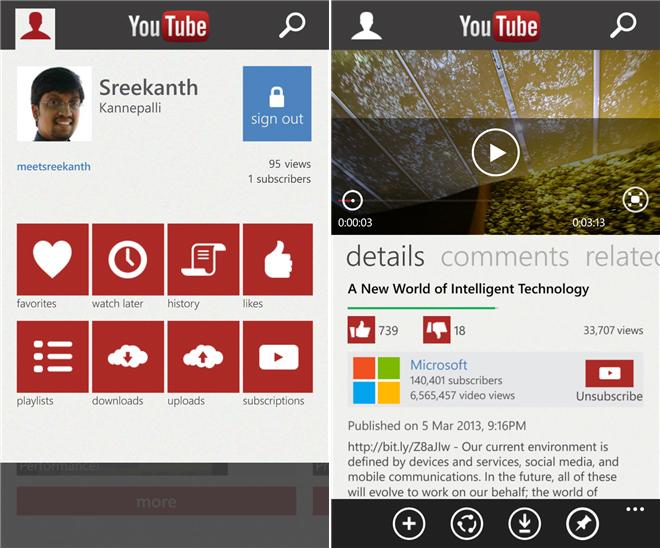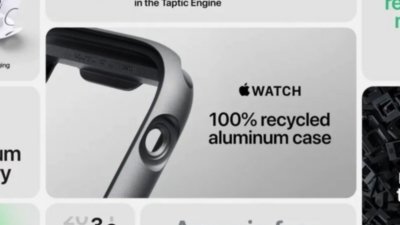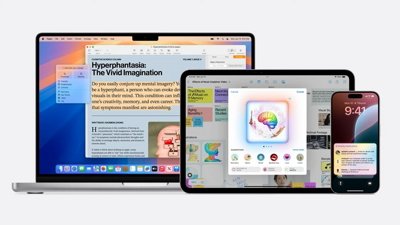Google's YouTube on Wednesday sent a cease and desist letter to Microsoft requesting the company remove the made-for-Windows Phone YouTube client app from its store, citing a number of reasons for the takedown, one of which being an inability to garner advertising revenue.
Update: In a statement obtained by The Verge, Microsoft responded to Google's cease and desist order, saying, "We’d be more than happy to include advertising but need Google to provide us access to the necessary APIs. In light of Larry Page’s comments today calling for more interoperability and less negativity, we look forward to solving this matter together for our mutual customers."
According to the letter, obtained by The Verge, YouTube claims the Microsoft-authored client prevents ads from playing, allows users to download content, and plays back videos on mobile devices even when such actions are marked as restricted by content creators.
"These features directly harm our content creators and clearly violate our Terms of Service," YouTube's Director of Global Platform Partnerships Francisco Varela wrote to Windows Phone Apps and Store GM Todd Brix. "Content creators make money on YouTube by monetizing their content through advertising. Unfortunately, by blocking advertising and allowing downloads of videos, your application cuts off a valuable ongoing revenue source for creators, and causes harm to the thriving content ecosystem on YouTube."
Microsoft reportedly created the app without input from Google or YouTube, and instituted the features without the companies' consent. YouTube's official apps on the Android and iOS mobile platforms, as well as its main Internet portal, do not support the download of videos or ad skipping.
Put into context, the letter represents a larger problem between the two tech giants. On stage at today's Google I/O conference, CEO Larry Page said certain players in the industry are restricting innovation. More pointedly, Page told an audience member that "we struggle with people like Microsoft," The Verge noted.
Microsoft in April took a swing at Google's Android operating system with an ad campaign, dubbed "Scroogled," in which the audience was reminded that their personal information is shared with developers each time an app is downloaded.
YouTube demanded that Microsoft remove the app by May 22, but as of this writing it has yet to be taken down.
 AppleInsider Staff
AppleInsider Staff







-m.jpg)






 Amber Neely
Amber Neely
 William Gallagher
William Gallagher
 Malcolm Owen
Malcolm Owen


 Andrew O'Hara
Andrew O'Hara
 Andrew Orr
Andrew Orr



-m.jpg)






49 Comments
Microsoft supposedly values others intellectual property. After all they sued everyone under the sun who uses Android for "stealing their intellectual property", yet here they show their true colors and get caught stealing others intellectual property. Typical Microsoft.
"According to the letter, obtained by The Verge, YouTube claims the Microsoft-authored client prevents ads from playing, allows users to download content, and plays back videos on mobile devices even when such actions are marked as restricted by content creators. " Ok so, didn't MS create the client from either reverse engineering the protocol or from protocol specs on how to interface with FB? It sounds to me like the FB access protocol has a bunch of holes in it. For example, how can MS client play content that is supposed to have ad info? Does that mean FB is relying too much on the client to do this for them (i.e. xhtml or something like that)? Also, if a content creator wishes to restrict model devices from it's content, why is this the job of the model device to do so? Shouldn't this be blocked at the server? And if they cannot do that (i.e. they don't know the device), then how can they provide this feature? Does this mean that the only valid FB client is the FB client and no one else can create one? I dont' see how they can dictate this as long as MS didn't obtain the protocol by illegal means. Just my 2 cents
Puts in perspective why Apple no longer bundles Google Maps and YouTube with every iOS device.
I don't even like Microsoft but I don't see where they stole anything in this case. They created their own app that accesses a public website and filters the ads. How is this different from using ad block plugins? Google is really the hypocrite here. They want to protect their platforms while their whole even today was aimed at leveraging Apple's to suit their needs. Their actions will be their undoing.
Now that's what I call EVIL to the core. What ever happened to "OPEN".